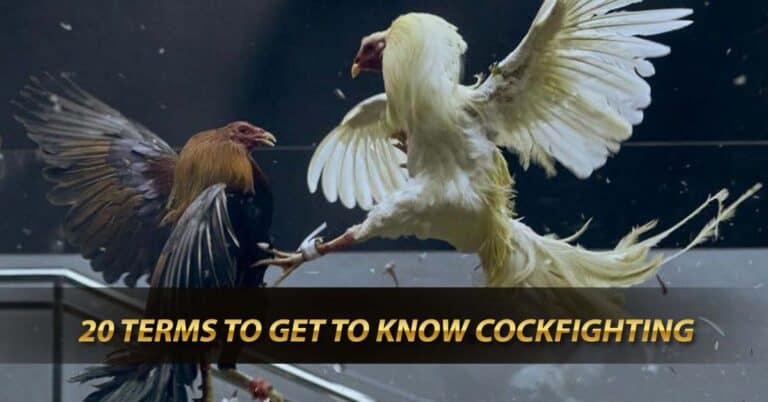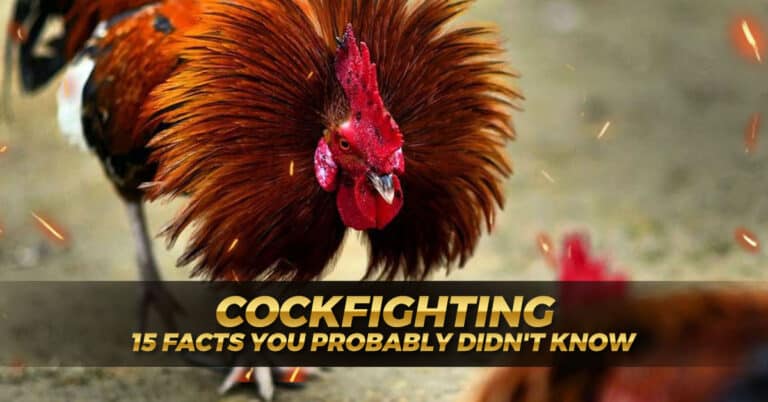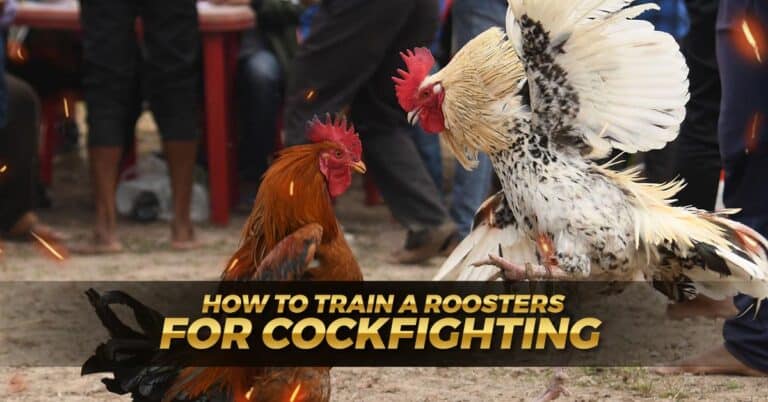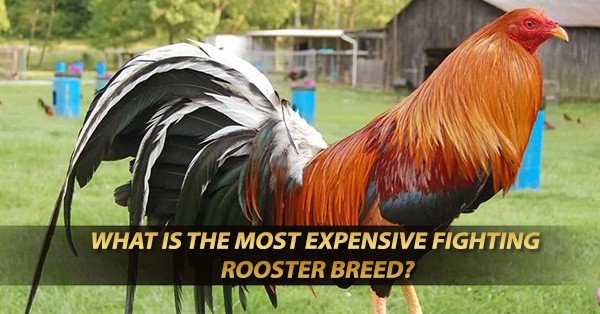Best Guide to Gamefowl Deworming | Sabong International

Deworming of Gamefowl
Find out the traits of the chickens that will be fighting so you can predict which rooster will win. what it does, how it does it, and how long it lasts. To cure worms in gamefowl, dewormers are utilized. As it keeps your birds healthy, deworming is a crucial component of gamefowl breeding. They create higher-quality eggs and lay more of them, which boosts their fertility.

What is the Gamefowl Dewormer Process?
Deworming is a procedure that rids the body of worms. The main goal of deworming any animal is to stop the worms from growing or harming the animal. Animals are administered dewormers for two reasons:
How important is deworming game birds?
Deworming is crucial to maintaining the health and happiness of your gamefowl, despite the fact that it may seem like a minor issue. The reasons listed below illustrate the need to maintain a regular deworming schedule:
When do you deworm gamefowl?
Gamefowl should be frequently dewormed because they are susceptible to worm infestation. The food that you have provided them will be consumed by the worms as they live in their intestines. Your chickens become lethargic because of the worms, which causes them to be less active, eat less food, and drink less water than usual. Additionally, the worms may shed their skins, which poses a health risk to people and other animals who come into touch with them.
To prevent buyers from contracting any potential diseases carried by your gamefowl, such as coccidiosis or Newcastle disease, if you intend to sell them in the future, it might be wise to deworm them before selling them.
How Should Gamefowl Be Dewormed?
Why Gamefowl deworming is crucial for enhancing their health and well-being.
When Should A Gamefowl Get A Dewormer?
Knowing when to provide dewormers to your flock of game birds is crucial. When the birds are young, this is when you can do it most successfully. Depending on your preferences and finances, this can be done once or twice a year. Dewormers can be given out in either the spring or the fall, depending on where you live and the weather there. If you decide on the spring, we advise giving the treatment at least two months prior to the start of the breeding season so that there is enough time for the worms to be removed from both male and female birds before they mate.
Infected eggs may hatch into worm larvae that develop into adults within 24 hours of hatching during the breeding season, especially in hot weather conditions (such as summer), which increases the likelihood that these parasites will attack other chicks’ intestines rather than simply being consumed by predators outside their nest.
How are Worms in a Bird Treated?
The safest technique to deworm your gamefowl is with a broad-spectrum dewormer. You should pick a dewormer that is effective against both roundworms and tapeworms. susceptible to whipworms, hookworms, and other worms.
If you’re unsure about the type of parasite your poultry has, you should visit a veterinarian. There may be different treatments or medications needed for certain parasites depending on how bad they are.
How are worms in gamefowl treated and prevented?
By maintaining a clean and sanitary environment for your game birds, you can both prevent and treat worms. This implies:
Main Supplement for Gamefowl
For the Sabong roosters to perform at their best throughout their lives, especially during game times, they primarily need three vitamins that they must absorb through diet or unusual applications administered orally or intravenously.

These three components are crucial for the birds’ overall health and ability to reach their genetic potential.
Homemade Supplements
For fighting cocks, there are numerous homemade vitamins. The ones I have used most frequently are garlic, honey, lemon, apple cider vinegar, and occasionally wheat or alfalfa.
The benefits of garlic in excellent roosters
Due to its many qualities that are advantageous to fowling birds, garlic has long been employed as a homemade vitamin in the sabong game. One of the reasons it is used as a vermicide is that it is natural and good for our roosters. It is also a very strong antibiotic and gets rid of harmful bacteria, but the best part is that it preserves the bacterial flora, which is essential for the health of bird organisms. In addition to these advantages, it also helps to prevent and treat respiratory illnesses, kills parasites, and stimulates the circulatory system.
Iron, calcium, potassium, phosphorus, and sodium are all present in large quantities in garlic. Additionally, it contains nicotinamide, which is advantageous for our birds and contains vitamins A, B1, B2, and C.
One of the best natural vitamins for roosters is bee honey.
When roosters are present, I use honey. Between the first 10 to 15 days of care, I provide it three times (0.39 to 0.78 inches per shot), and if it is cold outside, I administer it two or three additional times while they are on break. This will be used as vitamin K for when they get cuts. They don’t bleed as heavily.
Also use it during the cocks’ feathering stage since it includes vitamin E, which helps them grow stronger plumage. I give each cock 0.78 inches four times during this time. Another method is to mix it with water for the chicks when they are younger.
When chicks are under a month old, you may also use it by diluting it in the water. Use 1 inch per liter of water to avoid respiratory illnesses and to feed them vitamins. During the northern season, I also use it on breeding chickens, stallions, and fighting cocks (in all the cockpits).
Another vitamin for battling birds is lemon.
Another natural vitamin for fighting cocks is lemon. The main characteristic of lemon is its high vitamin C content, along with minor levels of vitamins A, B1, B2, and B3. Lemon is also a citrus that is rich in minerals, particularly potassium, as well as magnesium, calcium, phosphorus, sulfur, and other elements in smaller amounts.
To prevent parasites and respiratory problems, a lemon (but a colonial one) is squeezed into 3 liters of water and offered every day for no longer than 5 days. Assisting in maintaining the roosters’ appropriate body weight. I have only used it on large animals starting at 10 months old.
To learn more about gamefowl conditioning and gamefowl breeds, please check out our Sabong blog series.










